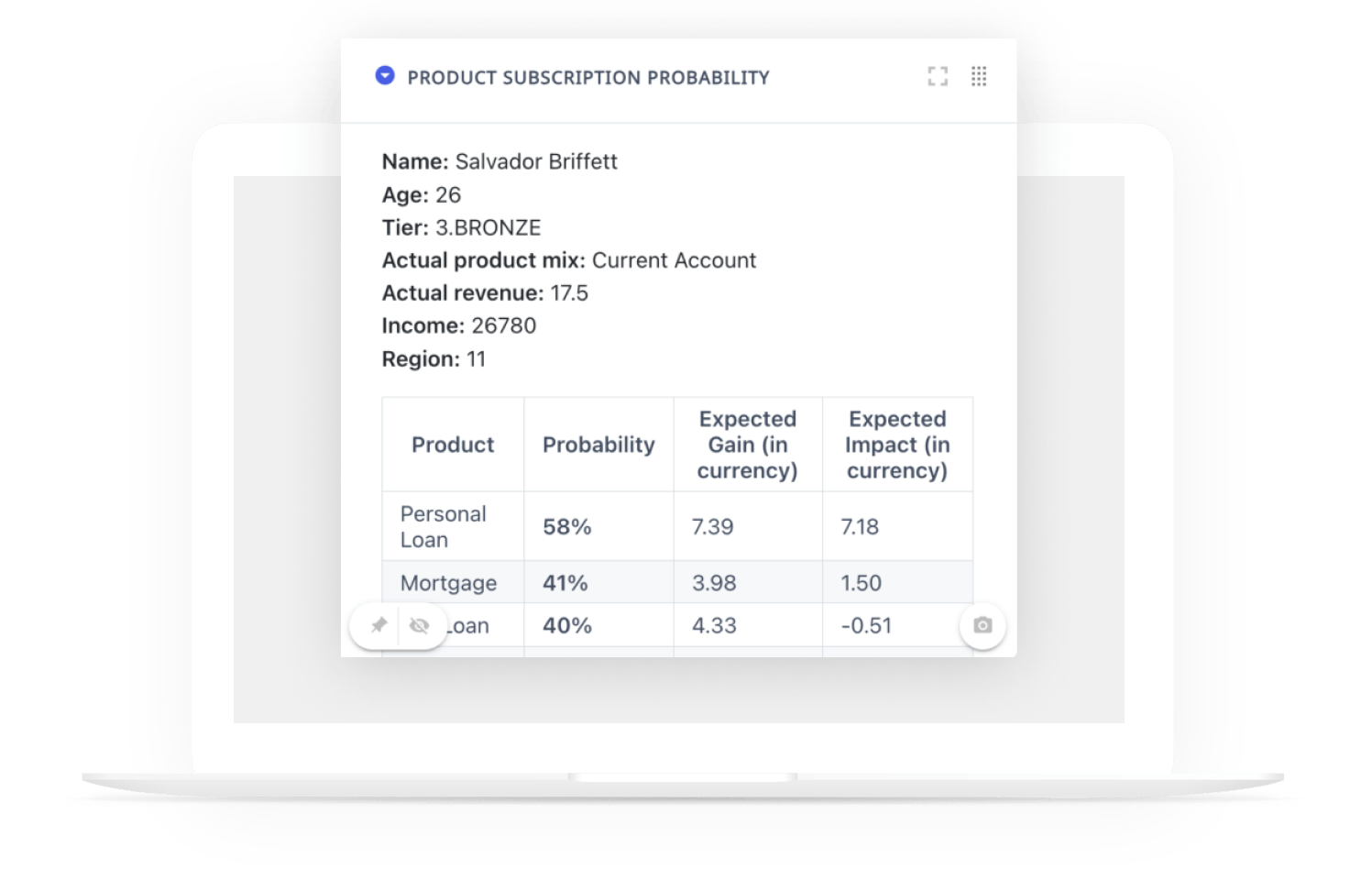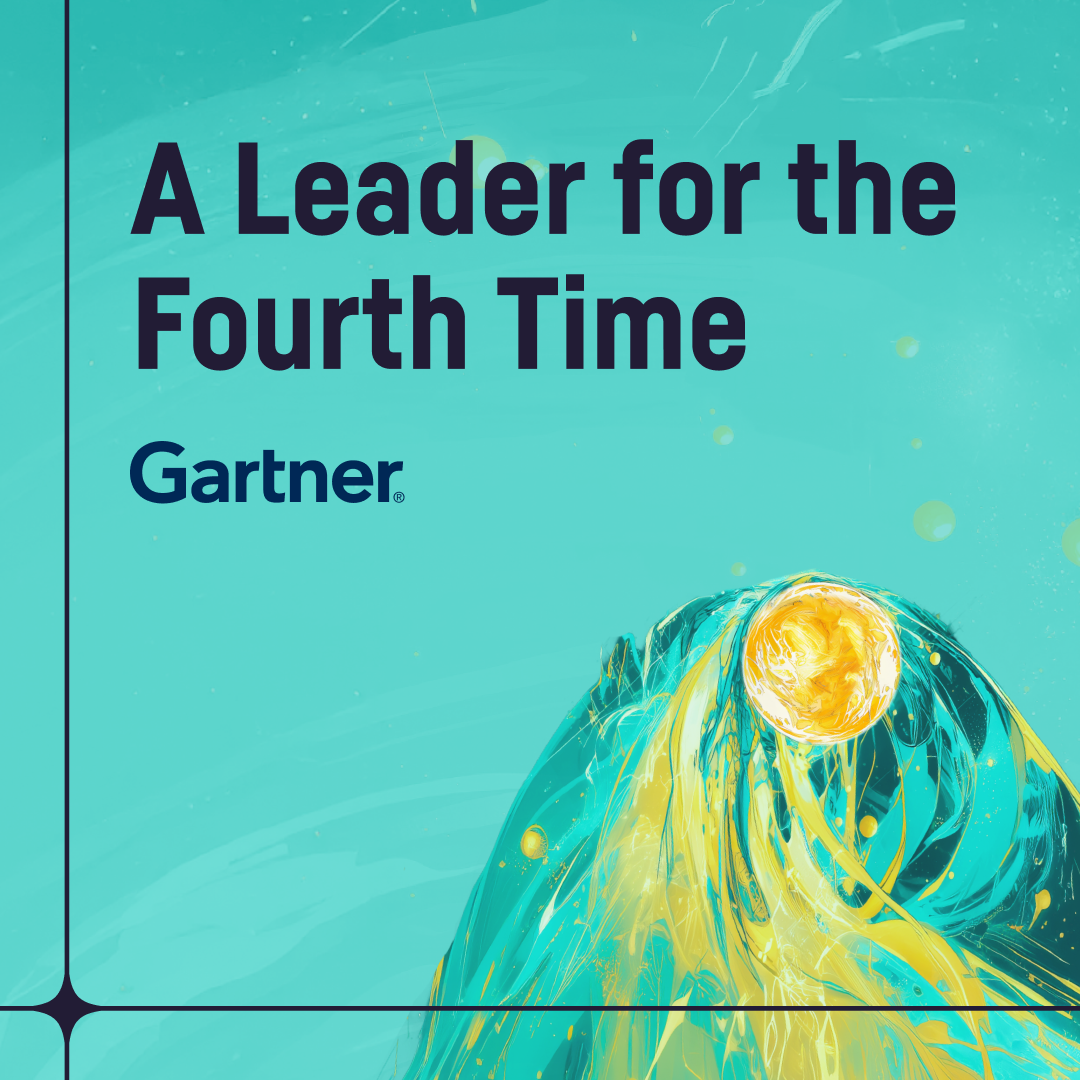In the fallout of the great resignation and with the increasingly competitive talent acquisition landscape, Medtronic’s Predictive and Advanced People Analytics (PAPA) team increased its focus on predicting employee retention in a variety of applications.
Cost of turnover, referred to as employee replacement costs, vary significantly by position and geography. However, they have been estimated to be between 50% and 200% of someone’s salary, according to Gallup and Payactive estimates. Further, departing employees often cause contagion effects within their group or, when highly valued, within their greater organization.
Being able to predict turnover before it occurs and notifying relevant talent management specialists so that they may respond could save significant costs and boost the employee experience at Medtronic on the whole. See how they use Dataiku to do so.
Who, What, Why?
On an annual basis, as part of the organizational talent planning process, managers at Medtronic assign risk retention ratings to their employees (low, medium, high) with the assistance of talent management consultants and specialists. This is performed at the manager level up through the CEO.
By doing so, key talent can be supported through career growth and development opportunities. In some cases, this may also involve retention bonuses or workload changes. Historically, managers are far from perfect in their identification of high-risk employees, creating an opportunity for PAPA to assist with this retention risk assessment.
Data scientists at Medtronic created aggregate-level insights regarding the main drivers of turnover for U.S.-based employees at Medtronic — along with individualized lists of U.S.-based employee retention risk ratings — to assist managers with retention risk assignments.
The Accelerated Path to Enterprise-Ready HR Data With Dataiku
Dataiku’s seamless integration with Medtronic’s HR data warehouse in Snowflake made the process of importing and munging data much easier. Many different tables were used as data sources, including Workday history (human capital management software), salaries, one-time bonuses and payouts, performance ratings, and aggregated Organizational Health Survey (OHS) results (grouped by a minimum of five respondents for data privacy and ethical reasons).
Data scientists created many features with this data, including performance trends, OHS response trends, and manager history. They also created over 100 different recipes to combine and transform the data into the final data table. Finally, they trained and evaluated models for the performance when predicting employee attrition within the following 12 months, another simple task with Dataiku. With Dataiku’s intuitive graphical user interface (GUI), commenting functionality, and timeline history, the Medtronic team was able to quickly edit, decipher, and explain steps within the sequence of data manipulations to other PAPA team members and sharing with others outside of PAPA for review was easy.
Compared to the time required to format SQL scripts and Python notebooks into easily shareable documents, Dataiku required less than half the time to format the workflow into a shareable structure. Fairness metrics also came into play when needing to evaluate and demonstrate to ethics experts that the final models used were objective and without bias towards protected classes.
Other notable features of Dataiku that made the difference for the Medtronic team include the ability to:
- Quickly train machine learning models (likely 2-3x as fast as traditional Pythonic methods)
- Evaluate model performance using a variety of metrics
- Retain model performance history across a project (which would be incredibly difficult with Python at the scale that Medtronic is using Dataiku)
- Integrate with Snowflake databases (with computation time roughly 4x+ faster than running on local machines)
- Interact on the Dataiku web forums when assistance is needed
- Ensure efficient collaboration between data scientists and data engineers with Dataiku’s easy-to-navigate UI, timeline history, and comment functionality
In the end, thousands of predictions of risk retention ratings were delivered to 20 HR business partners and talent management specialists, augmenting and assisting the talent planning work that they conduct on a semi-annual basis. Roughly 200 U.S.-based employees were identified by the model as having a much higher risk rating than what they were previously assigned by their manager, potentially saving Medtronic millions of dollars in avoided turnover.
Establishing a Process for Consistently Improving the Employee Experience
Identifying teams, business units, and individuals that are high risk of turnover through Medtronic’s organization talent process is of the utmost importance for their company at large, as it enables teams to work more effectively, managers to be more confident in their retention and recognition efforts, and employees to be more satisfied with their jobs. The team will aim to improve their data workflows and model performance in the future as they continue to support their talent management teams through their talent planning work.





